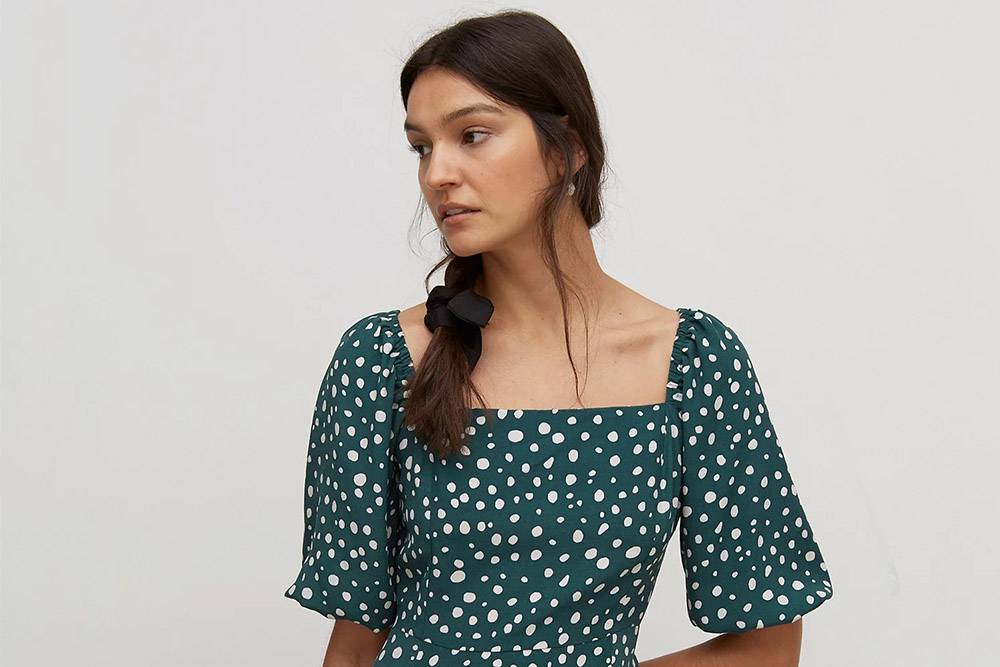
Major British retailer Marks & Spencer decided to sell independent fashion brands on its website as a solution to boost sales and appeal to a bigger audience.
The COVID-19 crisis hit many industries hard, including textile and apparel. M&S clothing sales fell by 75% during the early stages of the coronavirus pandemic. The company aims to reinvigorate its struggling clothing department through a new partnership with Nobody's Child.
Nobody's Child is a sustainable clothing label that moves away from the fast-fashion business model. It creates beautiful and stylish garments from eco-friendly materials such as recycled polyester and sustainably sourced viscose.
Nobody’s Child is an eco-conscious fashion brand for women, founded by Andrew Xeni in 2015. The entrepreneur comes from a family with a background in clothing manufacturing.
The fashion brand shares a passion for sustainability and self-expression with its customers. It promotes mindful manufacturing, partners with ethical factories, and aims for zero fabric waste. It admits to being not perfect but on a journey to making better decisions for the planet.
Together with Nobody’s Child, M&S will sell capsule collections made using certified sustainable fabrics where possible, at affordable prices, including dresses in perennial florals and vibrant prints.

Marks & Spencer is still the biggest clothing retailer in the United Kingdom. But it wants to stock guest brands both online and in its largest stores to broaden its appeal and boost online growth, as explained by its chief executive officer Steve Rowe.
The company is building a sustainable future by enabling its customers to have a positive impact on wellbeing, communities, and the planet. It plans to become sustainable, profitable, and grow to deliver long-term value.
Marks & Spencer is currently working hard to build and maintain its customers' trust. It sets new performance metrics to drive behavioral change and ensure more sustainable operations.
Was this article helpful to you? Please tell us what you liked or didn't like in the comments below.
About the Author: Alex Assoune
What We're Up Against
Multinational corporations overproducing cheap products in the poorest countries.
Huge factories with sweatshop-like conditions underpaying workers.
Media conglomerates promoting unethical, unsustainable products.
Bad actors encouraging overconsumption through oblivious behavior.
- - - -
Thankfully, we've got our supporters, including you.
Panaprium is funded by readers like you who want to join us in our mission to make the world entirely sustainable.
If you can, please support us on a monthly basis. It takes less than a minute to set up, and you will be making a big impact every single month. Thank you.















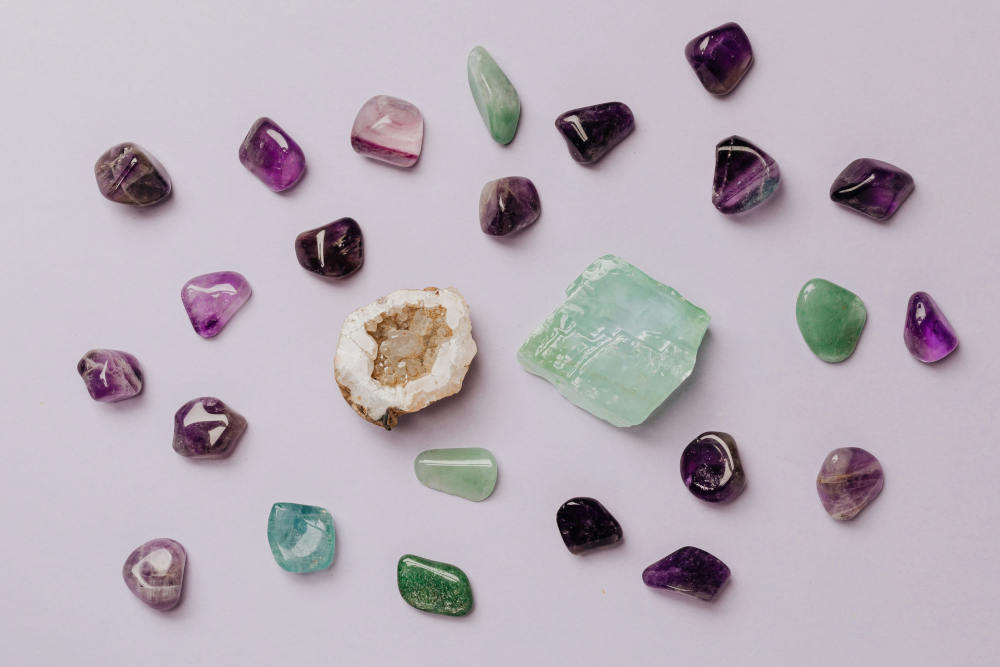
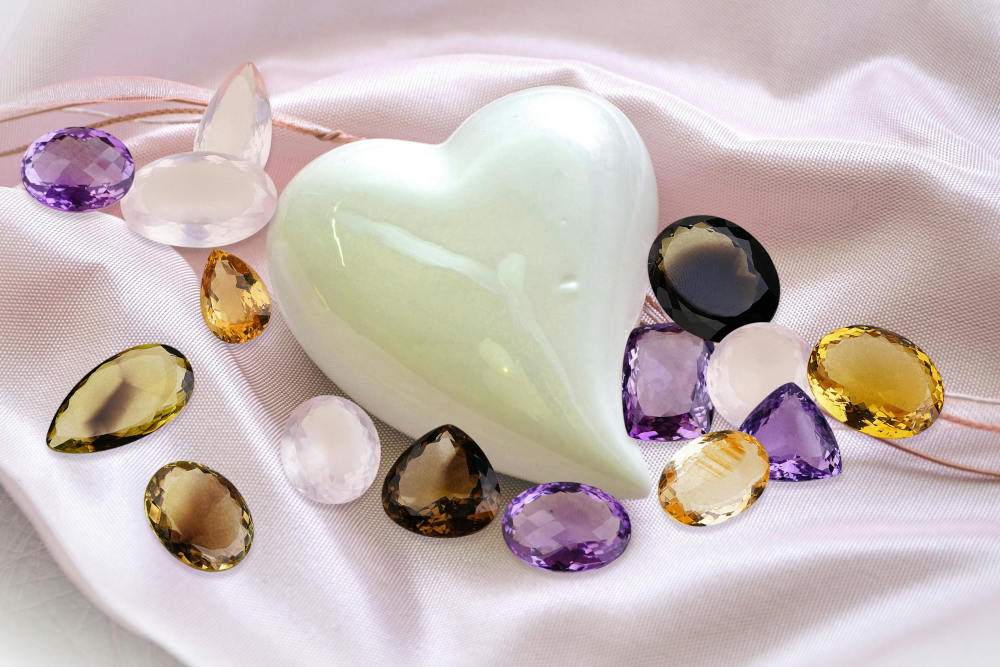
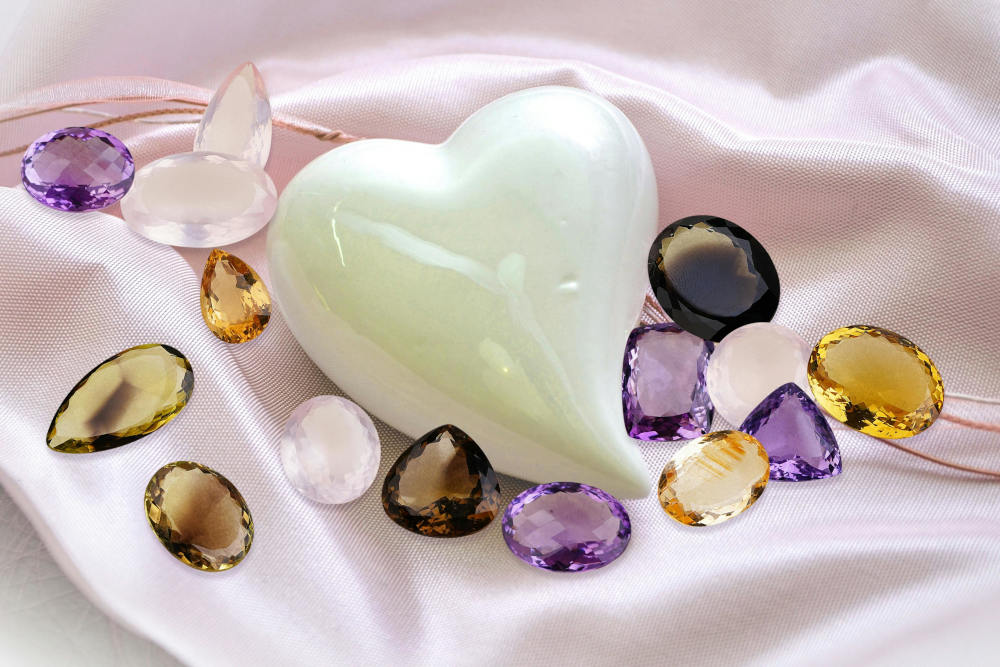


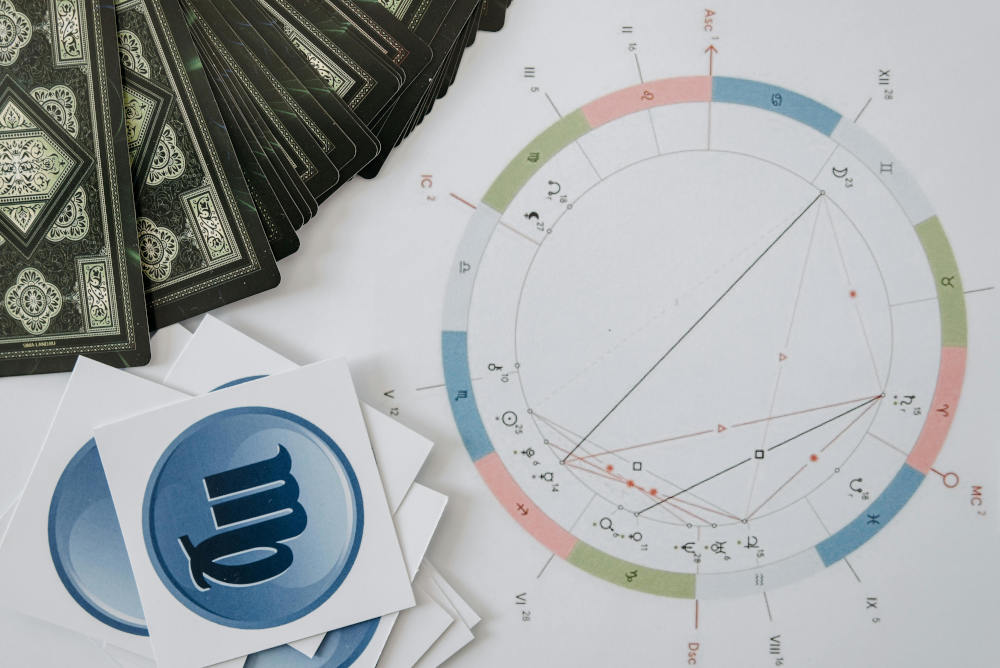











0 comments